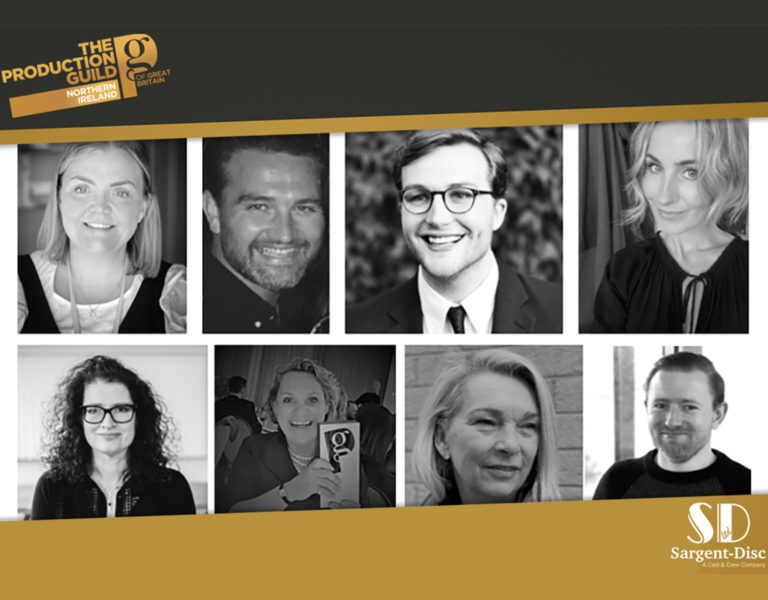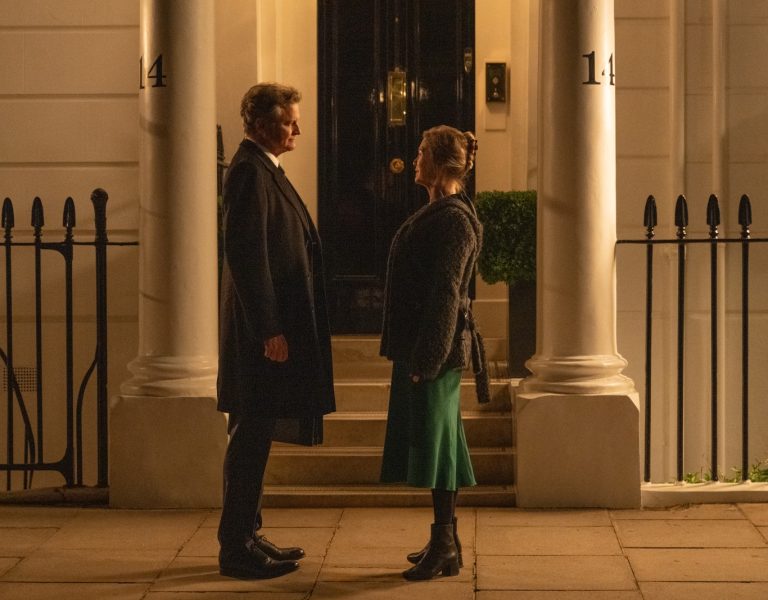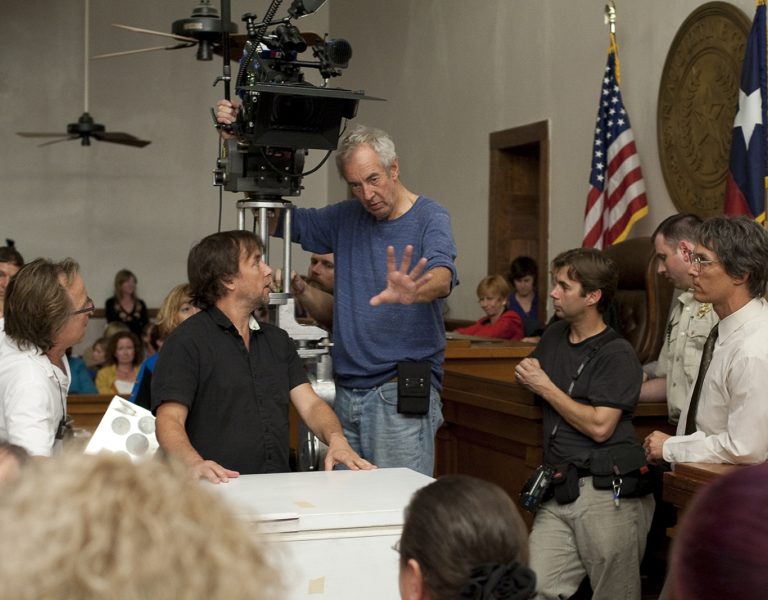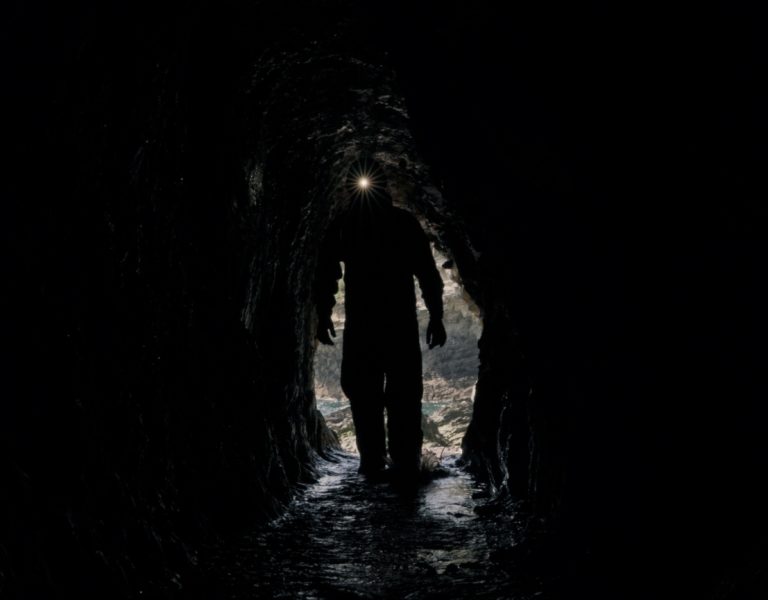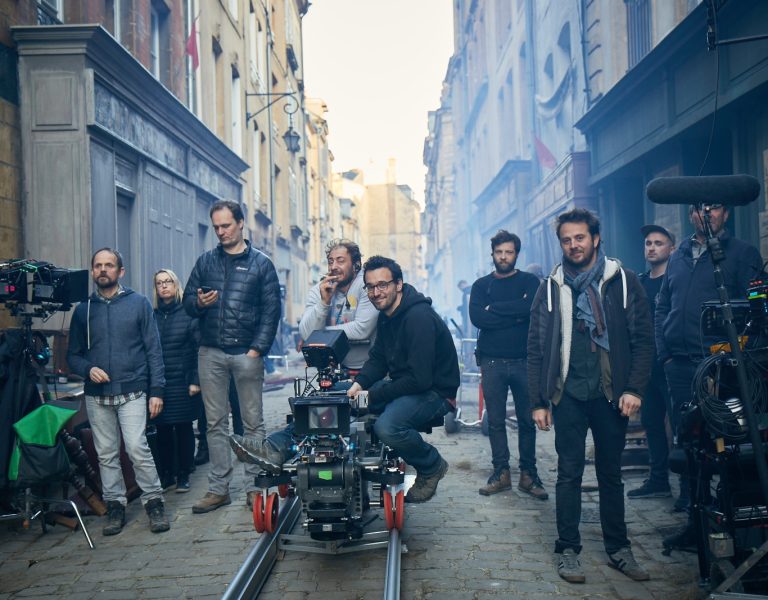Putting the spotlight on Salford University’s film production courses, which offer the increasingly rare opportunity for undergraduate students to get to grips with analogue capture.
It’s a rainy midweek morning at Salford Quays, and I’m going back to school. To quote the late, great Conrad Hall ASC, “You are always a student, never a master,” so where better to put that adage into practice than one of the North-West’s leading film production courses.
Among the industry giants of the MediaCityUK development – where the BBC and ITV’s north-west hubs flank an enormous plaza, and Coronation Street’s iconic rooftops line the horizon – is Salford University’s film and media campus. Here, it sits shoulder-to-shoulder with over 250 other digital and media firms that call this smart neighbourhood home, including studios and post houses – not bad company to keep when you’re honing your craft behind the camera.
I’m greeted by the university’s subject head for film, Alex Lichtenfels – who, like many of the academic staff, is also a filmmaker in his own right. “What I always say when students come here is that there are three things that we want them to get out of their degree,” he explains as we explore the buzzy campus. “We want them to be the best creative practitioners they can be in their chosen area, we want them to be employable at the end of it, and we want them to have a good time. These are the three guiding things that structure everything that we do and how we plan the degree.”

Salford’s film production courses span BA and MA level and, with 650 undergraduates this year, its bachelors programme is one of the most popular of its kind in the country. As well as screenwriting, directing, editing and all the other facets of filmmaking, BA students are encouraged – and choose in droves – to take part in the course’s cinematography modules.
Democratising film
We slip inside a 16mm film class led by lecturer Laura Hilliard, where there’s a refreshing sight: a dozen enraptured students are putting an Arriflex SR3 through its paces. Salford is one of only a handful of undergraduate courses in the UK to teach shooting on film. “It’s partly because it’s a great teaching tool, because you have to be so much more precise with it compared to digital,” Lichtenfels says. “And I think there’s an industrial case for it as well. Of course, most things are shot digitally now, but we’ve heard from quite a few people that celluloid is still used quite a lot, but they’re not finding people who have any experience on it.”
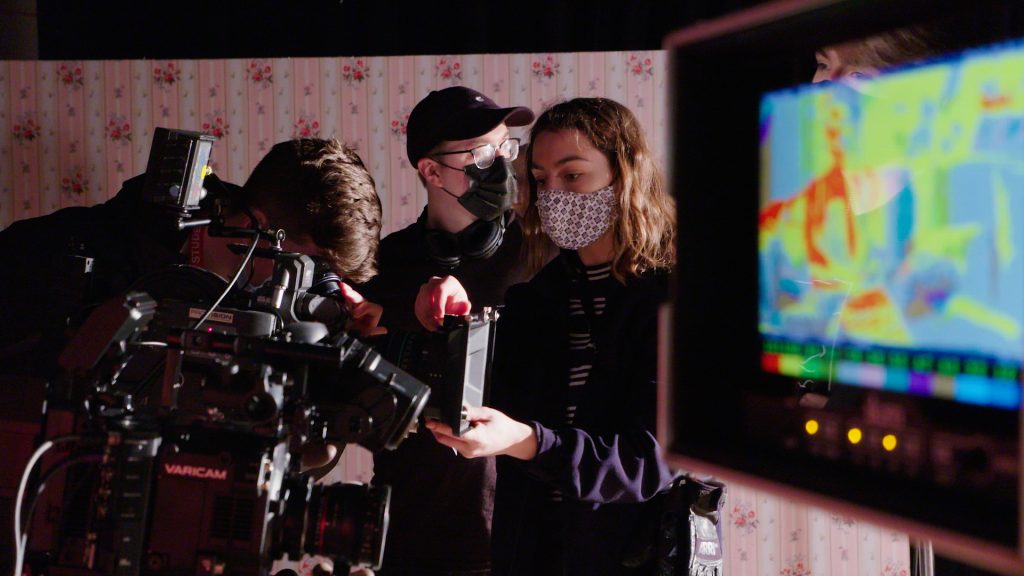
Hilliard, an award-winning cinematographer who has also taught at the Maurice Kanbar Institute of Film and Television and NYU Tisch School of the Arts, agrees. “When I’m teaching, it’s simply the best pedagogical tool for a first introduction to cinematography – celluloid demands rigour and the results can feel like magic,” she explains. “My students are learning about depth of field and focus by using a tape measure, they have to light with a light meter (and trust their ability to get accurate readings), they understand frame rate by seeing the pull down claw advance and the understand shutter angle by seeing it rotate. They are not fixing it in post and they are beginning to understand what can happen to performance when we are serious on set about when we roll and cut.”
She emphasises the importance of accessibility when it comes to shooting on film: “[Celluloid] shouldn’t be only for a handful of advanced final year students or those at institutions with high tuition fees. This for me is also about diversifying cinematography as a profession. I want more women, non-binary and trans folks holding cameras. I want more BIPOC folks holding cameras. Even better if they are holding an ARRI SR3.”
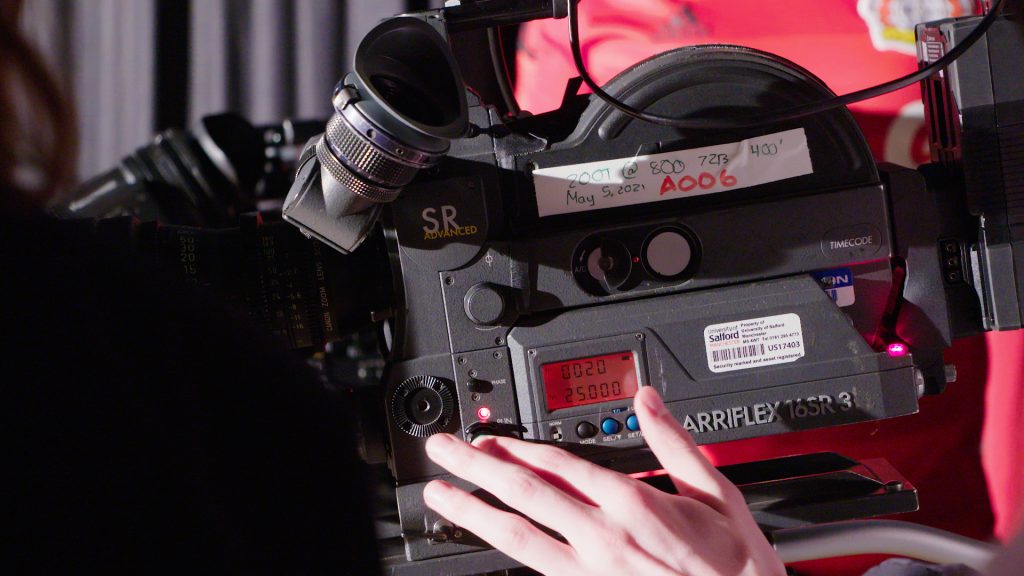
Of course, digital capture remains a key part of the university’s focus, and a visit to the university’s remarkable kit store leaves me spellbound and students spoilt for choice. Daria Stan, manager of this cinematographic treasure trove, guides us through shelf after shelf of top-end kit, including 121 cameras ranging from Canon C70s for first-years, all the way through to ARRI Alexas and Mini LFs for third-years, and Panasonic S1Hs and RED Komodos for MA students. Naturally, there’s a detailed risk assessment to complete before students are let loose with the gear, but there’s no better way for them to get exposure to the industry’s leading kit in a safe space, bridging the gap between university and the world of work.
Industry connections
To complement the teaching staff’s rich experience, a cross-section of industry guest speakers is invited throughout the year to share their lives behind the lens with students, including during the university’s popular Festival of Short Film. Today, I’m hearing from another special guest – recent film production graduate Adam Carroll, who now works as a technical assistant for ProVision over at Manchester’s Space Studios.

Carroll remembers how he was originally set on applying to a rival film school but on attending an open day at Salford, he had a change of heart. “The facilities were just leaps and bounds [ahead],” he recalls. Originally set on an editing path, he found his heart lay with cinematography thanks to the encouragement of lecturer and cinematographer Steven Wyatt. He also credits the calibre of the equipment and facilities at Salford with giving him the necessary grounding for his start at the rental house.
Bridging that gap between academia and industry is a well-documented challenge for educational institutes in our field; while Carroll and many Salford graduates thrive, UK-wide figures suggest more needs to be done to address the skills shortage. Lichtenfels highlights the importance of industry connections, noting that Salford is an ARRI-accredited film school and has forged strong links with companies including RED and Panavision. What’s more, the university is aiming to equip its students with the skills needed to thrive in the virtual realm, with an on-site virtual production research and development unit.
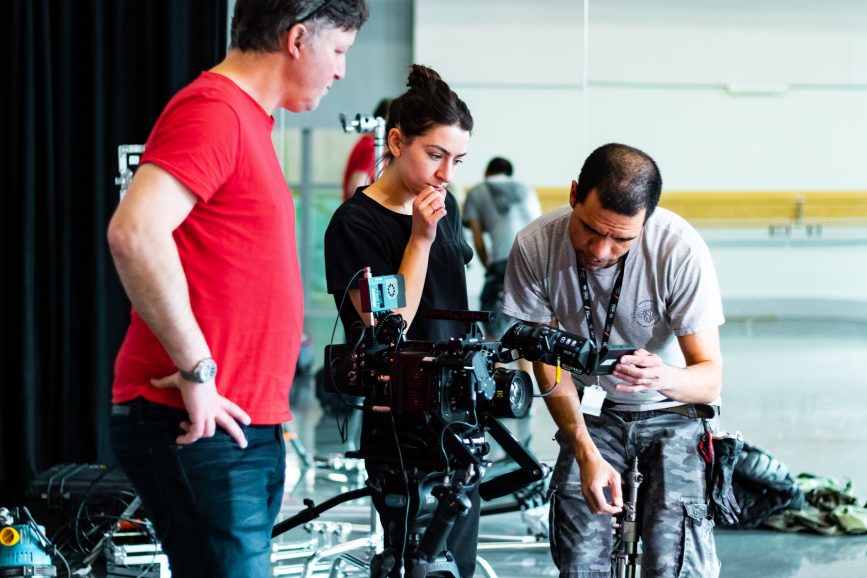
Salford’s educational efforts don’t stop with its students, it turns out. This summer Hilliard and Wyatt are set to lead a week-long celluloid short course aimed at those already working in the industry. The ‘one-stop shop’ – the only event of its kind in the north – will give camera trainees, ACs, gaffers and even DPs the chance to get hands-on with Arriflex cameras and film stocks, beginning with theory and workshops at the university’s Salford campus and later heading to the iconic Pinewood Studios. Here, there’ll be chance to explore film development at the Kodak Film Lab and the scanning processes at Digital Orchard, and participants will get to take away their processed film rushes at the end. It emphasises how the university’s dedication to the craft doesn’t end with graduation.


